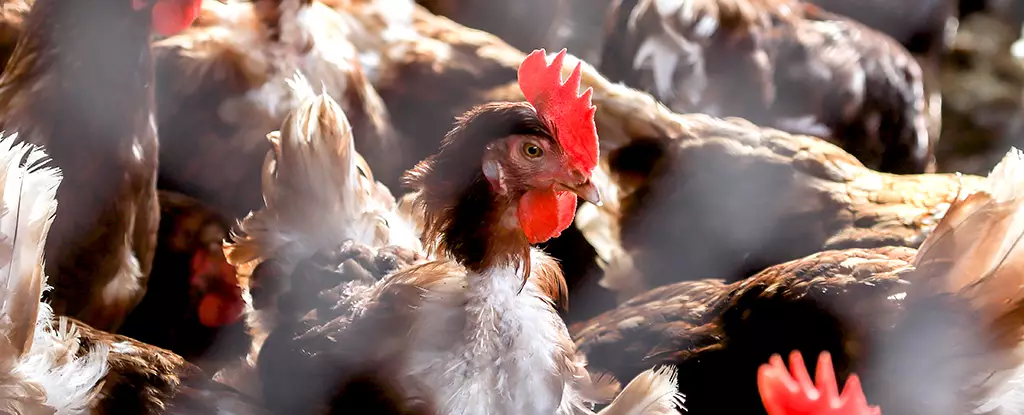The recent bird flu outbreak in the United States has raised concerns among health experts regarding the potential for the virus to adapt to spread from human to human. Although there is currently no evidence of such transmission, preparations are being made to protect against this possibility. A new study conducted by Virologists Flavio Faccin and Daniel Perez from the University of Georgia has analyzed the landscape of avian influenza vaccines for humans in order to identify promising options for vaccine development.
The study by Faccin and Perez has highlighted several vaccine options that show potential for protecting against bird flu viruses. Inactivated vaccines, which use dead versions of the virus, have shown to offer high levels of protection in tests, including studies on mice with the H5N1 virus. Another type of vaccine, the live attenuated influenza vaccine (LAIV), uses a weakened form of the virus to stimulate the immune system and create a more comprehensive response. Promising results have been seen with LAIVs in studies involving monkeys.
In addition to traditional vaccine methods, the researchers also looked at newer technologies that show promise in combating bird flu. Virus-like particle (VLP) vaccines aim to mimic real viruses in a safe manner, while messenger RNA (mRNA) vaccines direct cells to produce proteins matching the targeted virus. Early trials with human participants have shown encouraging results for these novel vaccine types.
Pandemic Preparedness
While the development of effective bird flu vaccines is crucial, preparations for a potential pandemic involving these viruses also require international cooperation and coordination. The World Health Organization is working to ensure that deployment of these vaccines, if needed, will involve collaboration among various countries and agencies. The threat posed by avian influenza viruses such as H5N1, H7N9, and H9N2 underscores the importance of global efforts to combat these viruses and protect public health.
The research led by Faccin and Perez sheds light on the progress being made in the development of bird flu vaccines. While challenges remain, including the need for mass production and distribution of these vaccines, the current outlook is promising. Continued efforts to explore different vaccine platforms and technologies are essential for enhancing pandemic preparedness and mitigating the threat of bird flu outbreaks. The findings of this study provide valuable insights into the potential options available for combating avian influenza viruses and highlight the importance of proactive measures in safeguarding public health.



Leave a Reply